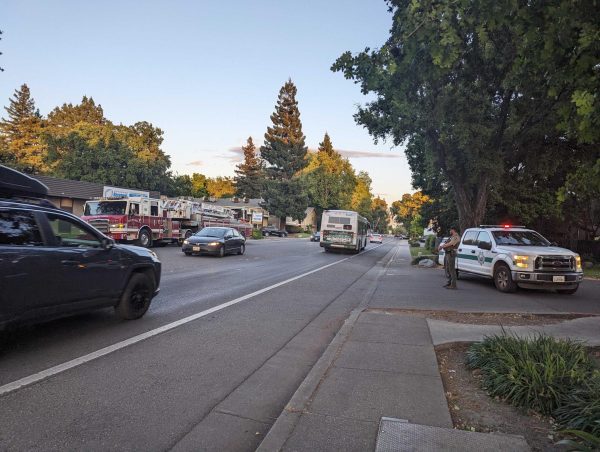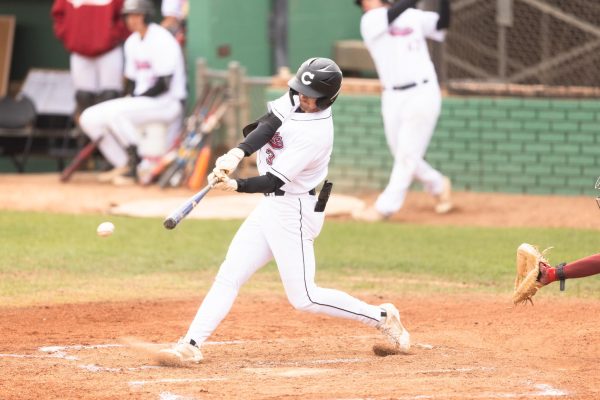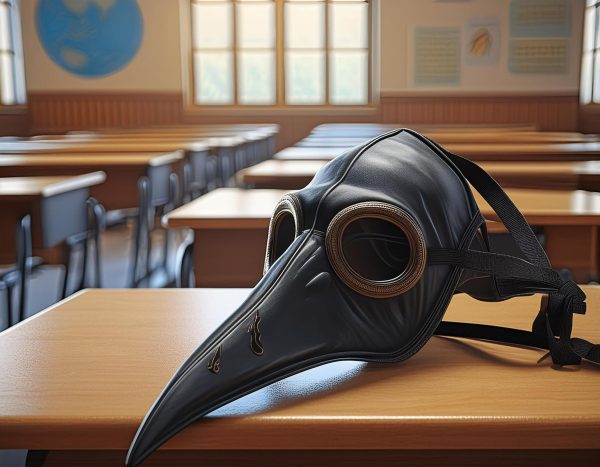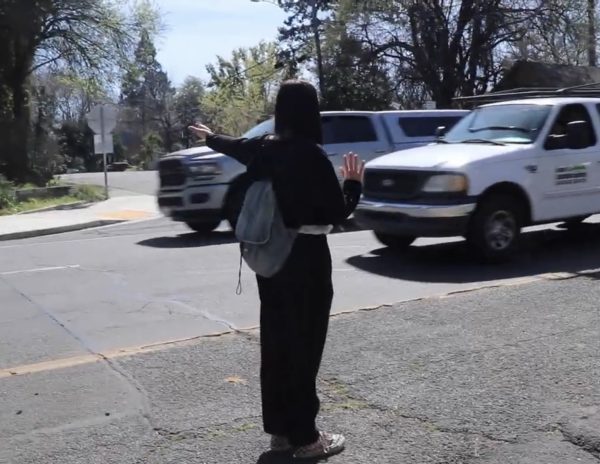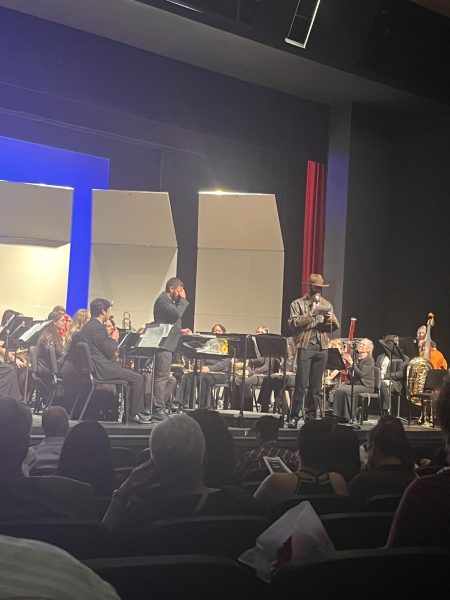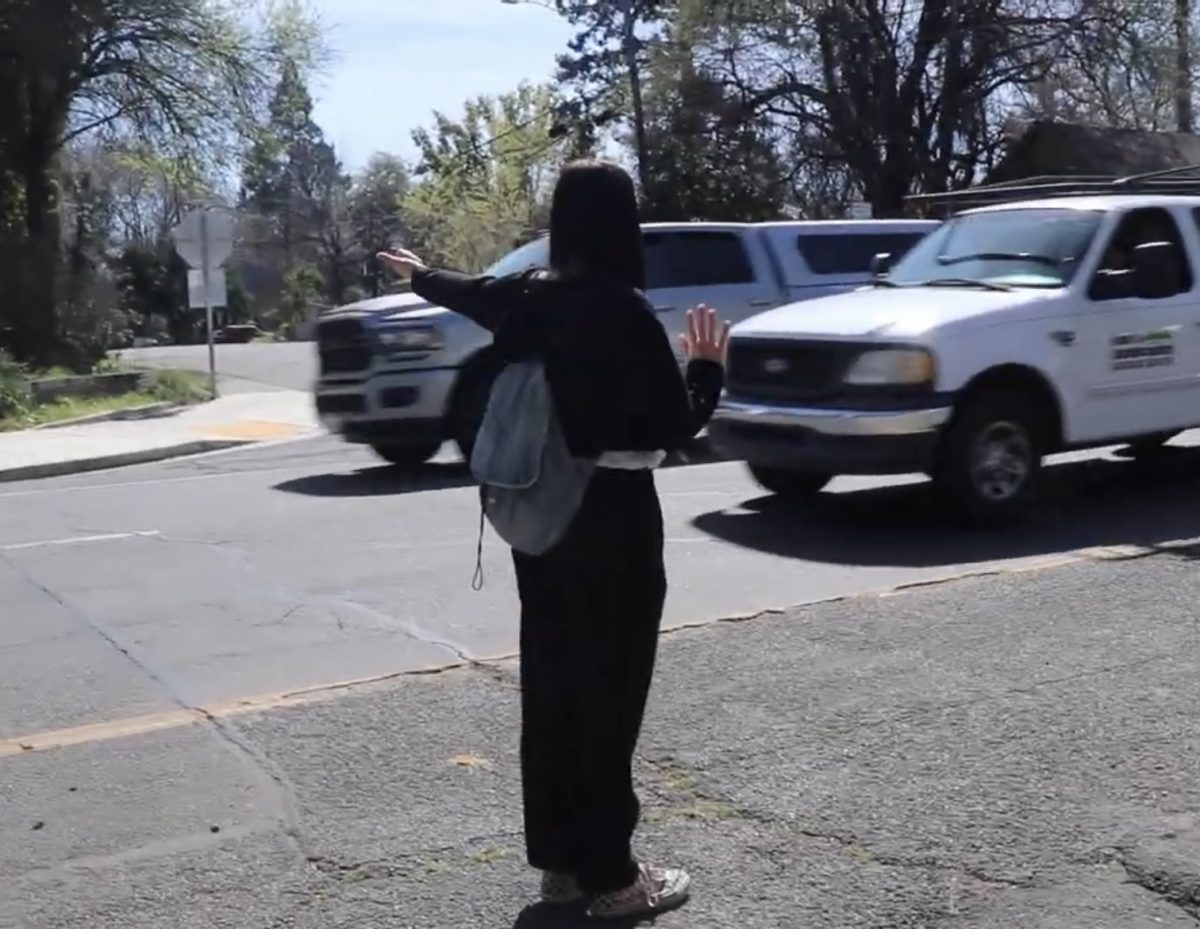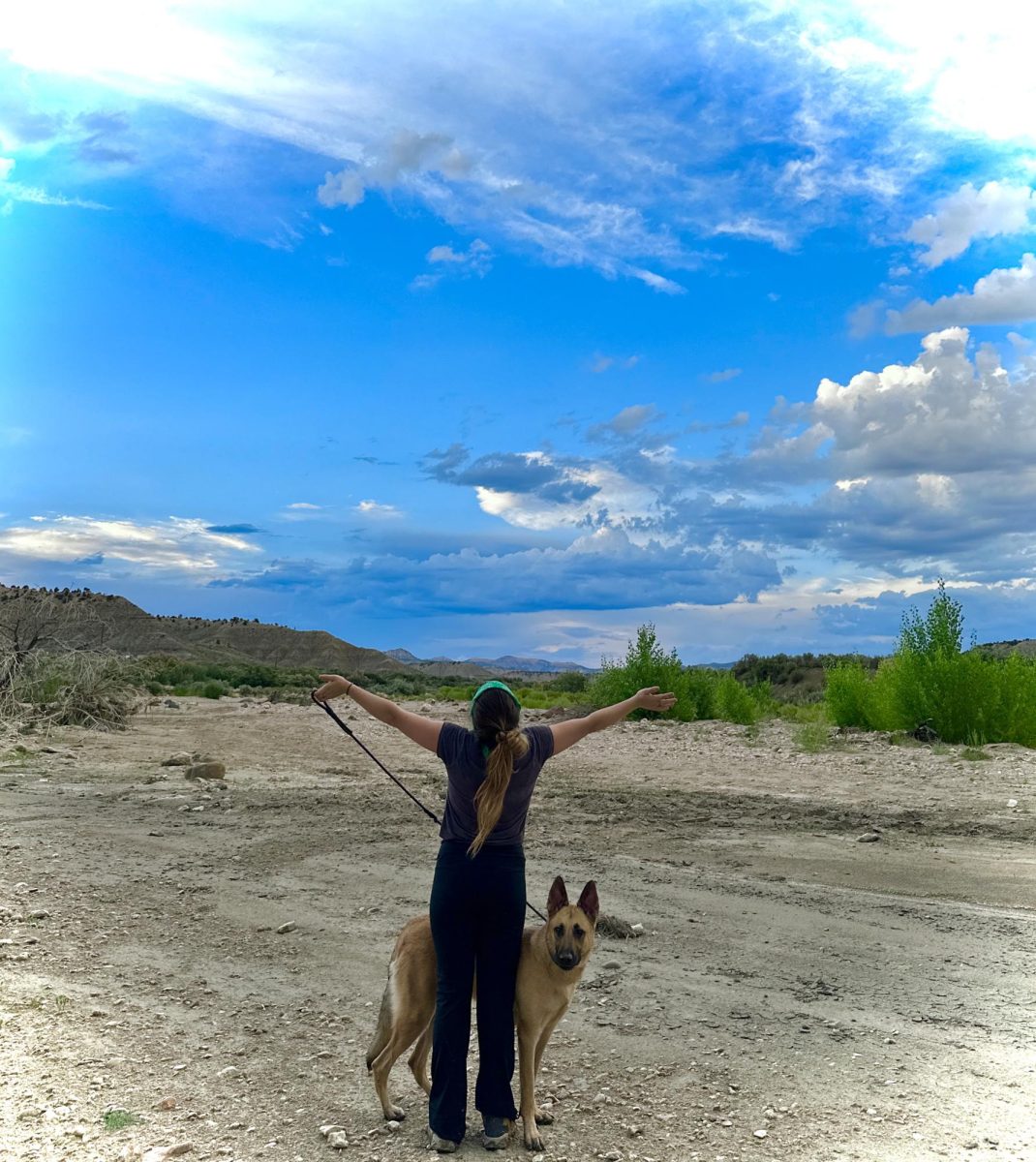
Alleged rapists have rights.
American colleges make it difficult for an accused sexual assailant, innocent or guilty, to clear his or her name.
More than 50 colleges throughout the nation are currently under investigation by the U.S. Department of Education because of the inadequate handling of sexual assault and harassment complaints. As a result, universities are cracking down on student sex offenders.
But sexual assault cases can be questionable. Stricter rules for students suspected of sexual assault could further inhibit their rights guaranteed by the Constitution.
At most schools, “Guilt or innocence hinges on a preponderance of evidence, a far lower standard than the ‘beyond a reasonable doubt’ test that prevails in court,” said journalist Judith Shulevitz in an article on college sexual assault.
The fact that colleges have much lower standards than the legal system obstructs an individual’s right to a fair trial.
The Affirmative Consent Standard, also known as the “Yes Means Yes” bill, passed last year in California.
Instead of determining whether a sexual assault was done without consent, the law determines whether or not consent was given.
Basically, instead of asking a victim if they said no, they will be asked if they said yes in the event of a sexual assault.
“It changes the definition of consent to one that requires an affirmative, unambiguous and conscious decision by each party to engage in specific sexual activity,” said Emily Peart, the University Police’s Safe Place coordinator, in a previous Orion article.
However, some groups are concerned that the bill does not give enough rights to the accused.
And rightfully so.
A victim-centered approach should be taken in sexual assault cases, but not at the expense of guaranteed human rights.
Rape, without physical evidence, is a crime based largely on perspective.
In 2012, a female student at the University of Virginia was allegedly gang raped by seven Phi Kappa Psi pledges at their fraternity house after a “date night” function. Sabrina Rubin Erdely wrote a story on the attack for Rolling Stone.
However, Erdely only covered the story from the victim’s perspective.
Phi Kappa Psi wrote a formal statement in response to the story contradicting a number of facts.
There was no “date night” that night, and Phi Kappa Psi had no pledges that semester.
In apology for the inaccuracies in the article article, Rolling Stone wrote:
“In trying to be sensitive to the unfair shame and humiliation many women feel after sexual assault, we made a judgment (not to contact the alleged offenders). We should have worked harder to convince her (the victim) that the truth would have been better served by getting the other side of the story.”
The victim’s story cannot be confirmed nor denied. It may have been true. It may have been a lie. It may have been biased and blown out of proportion.
It was a complicated case, as many sexual assault cases are.
Alleged offenders deserve the same rights as alleged victims until proven otherwise.
At college hearings, prosecutors, cops, judges and juries rule these cases based on a “preponderance of evidence” and recounts of the incident.
“In over three-quarters of college rapes, the offender, the victim or both had been drinking,” according to the U.S. Department of Justice.
When alcohol is involved, recounts of the incident become less reliable.
Memory may be lost or altered, for both sides.
If enough alcohol is consumed, both the victim and offender may have made choices they would not normally have made.
In 2013, Emma Sulkowicz accused Paul Nungesser of sexual assault. She carried a mattress around Columbia University in protest to raise awareness.
However, all charges against Nungesser were overturned.
Nungesser and Sulkowicz had completely different recounts of the incident, but Nungesser had text messages and more to back up his claims that he was innocent.
After the hearing, Columbia faculty allowed the student body to continue to protest against Nungesser.
His reputation was soiled, and he was forced to keep a low profile for the rest of his college career.
These accusations won’t just disappear when Nungesser leaves Columbia. They will follow him for the rest of his life.
To be clear, I am not condoning rape or sexual assault. But the legal process is important to both sides.
While false accusations of rape are rare, they do happen.
In any circumstance, it is crucial that the alleged criminal be treated in an unbiased manner — innocent until proven guilty.
Miles Inserra can be reached at [email protected] or @m_inserra on Twitter.
